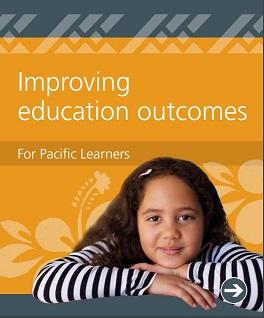Literacy and Mathematics in Years 9 and 10: Using Achievement Information to Promote Success
Published: 03 Jul 2012
This evaluation looked at how effectively schools use literacy and mathematics achievement information to improve learning for Years 9 and 10 students. The evaluation found that improvements are needed in most secondary schools’ practice with these students. It identifies the actions which school leaders, boards of trustees and teachers can take to help Years 9 and 10 students to be engaged, active and successful learners.
- Audience:
- Schools
- Content type:
- Research
- Topics:
- Literacy
- Mathematics
- Achievement
- Assessment information
- Secondary
- Students





